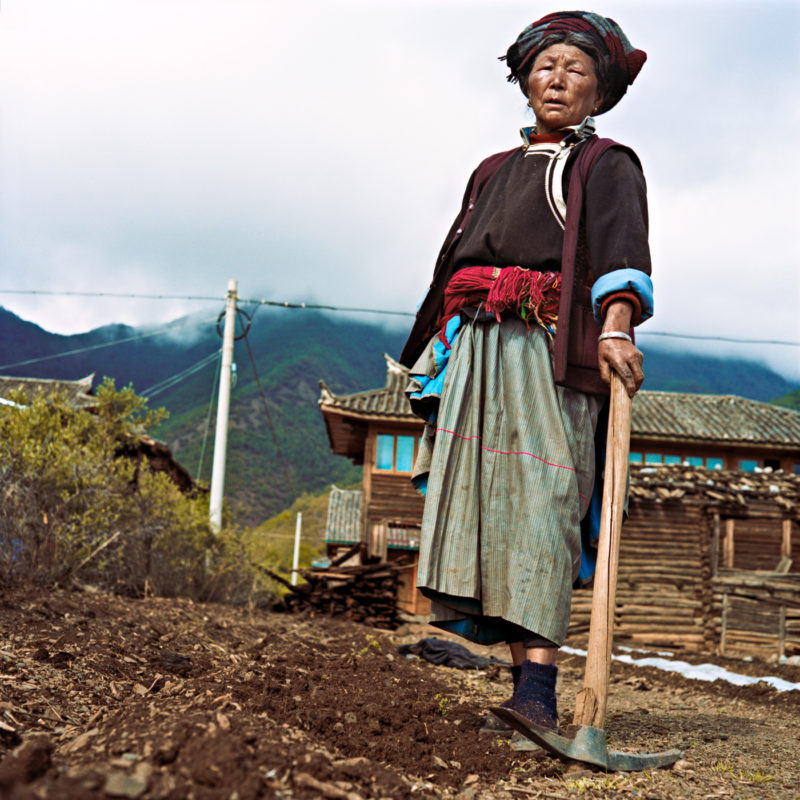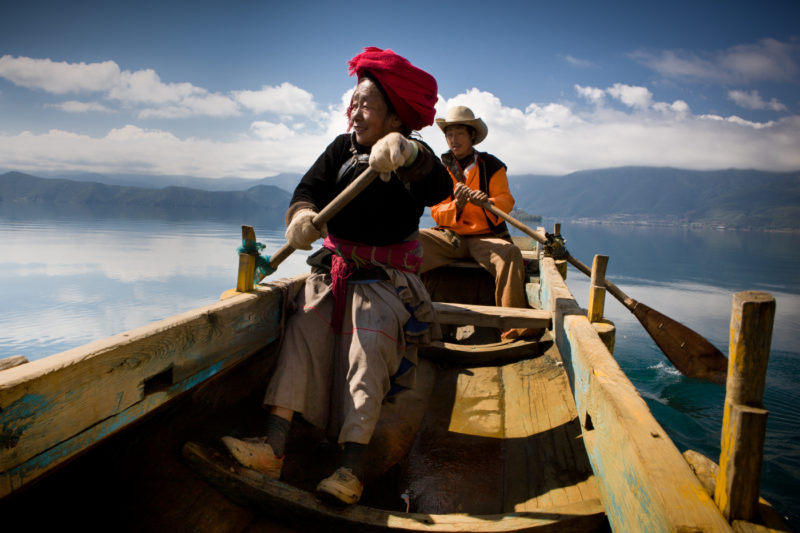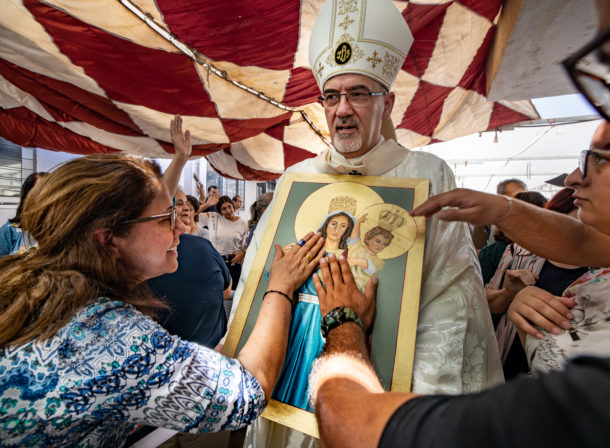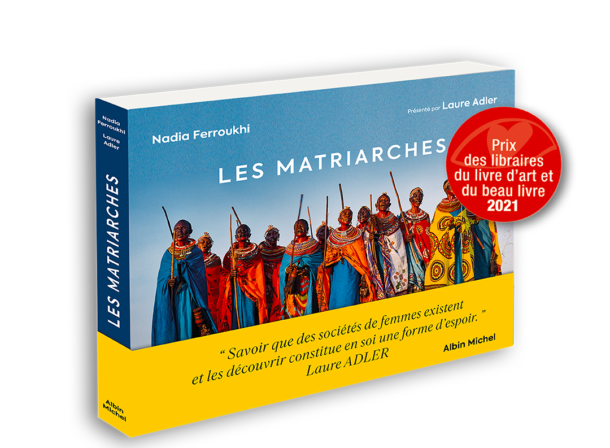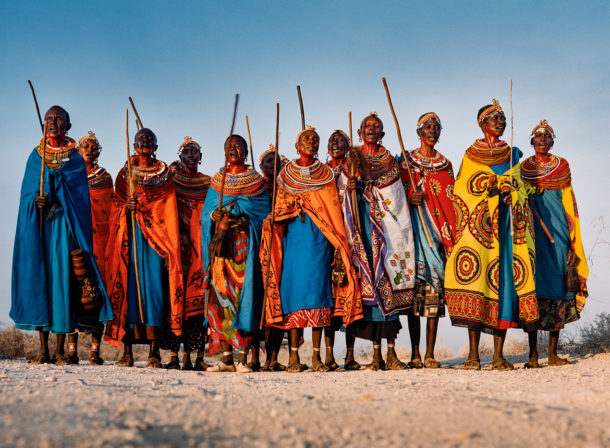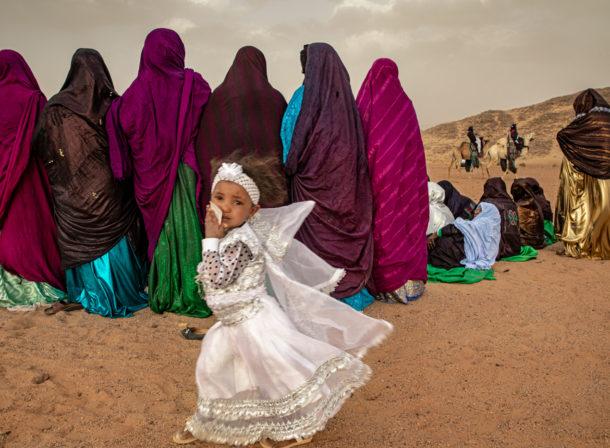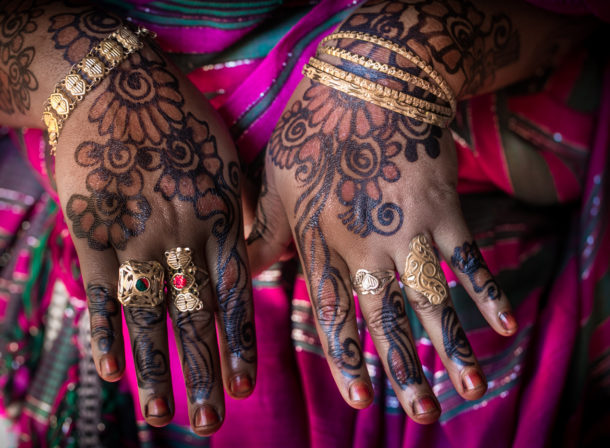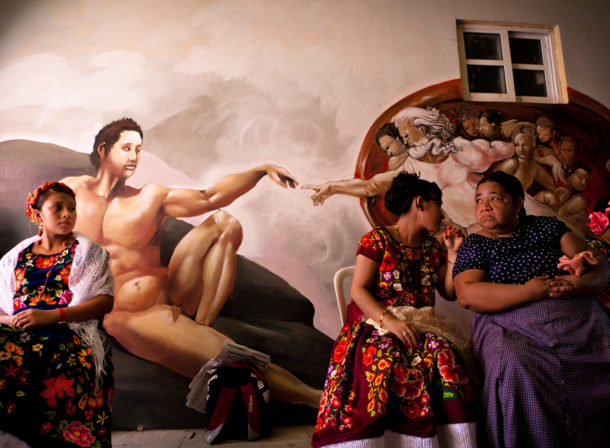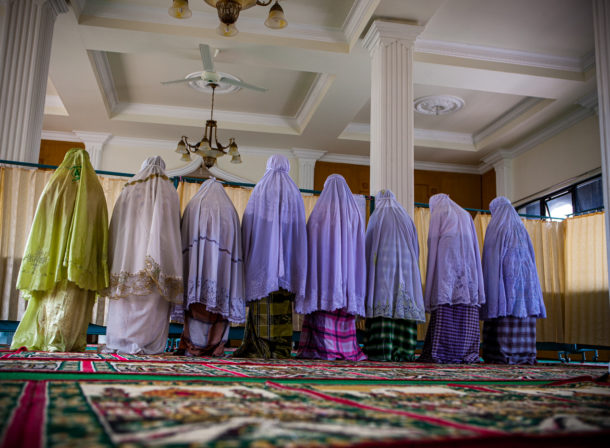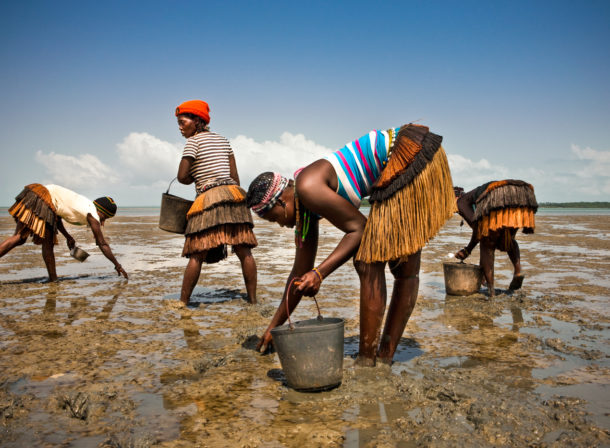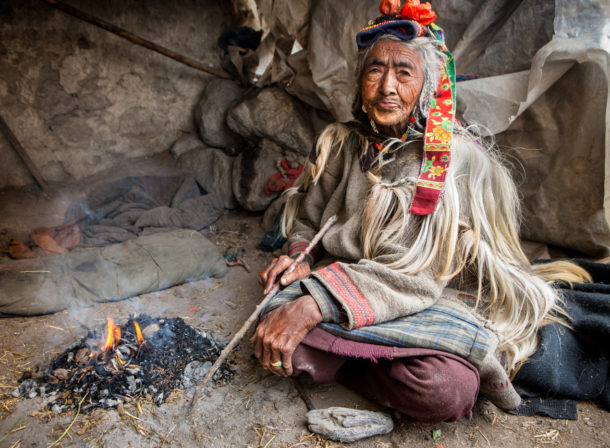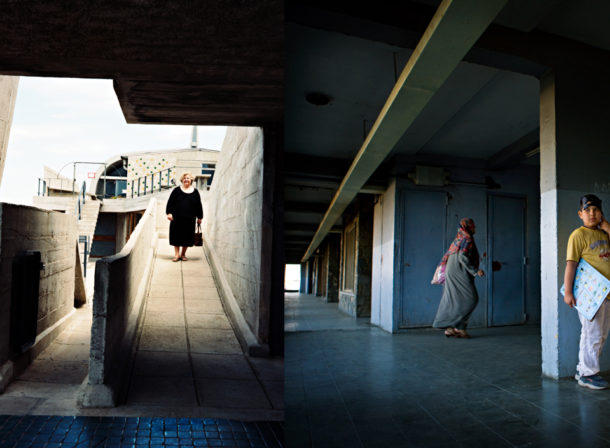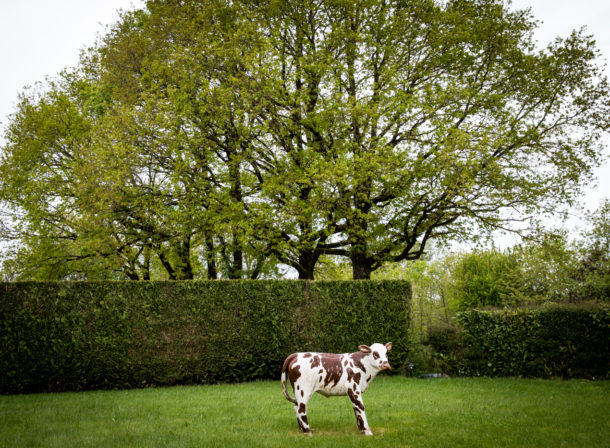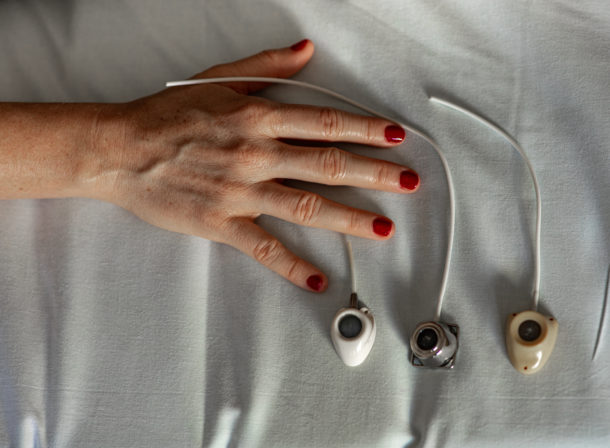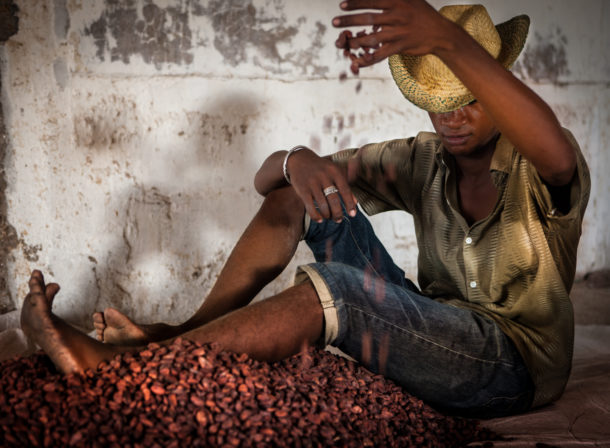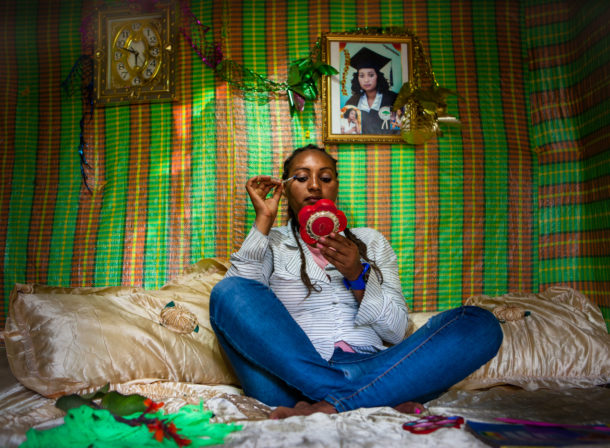On China’s borders, hidden between the rapids of the Yangtze and the first foothills of the Himalayas, lies the dazzling nobility of Lake Lugu. In these distant lands live the Moso people, a people for whom the institution of marriage remains unknown. Members of this minority do not live in families organized around a couple, but within the framework of matrilineage. The life of the Moso - for whom fidelity and jealousy are incongruous - is punctuated by several relationships.
It is the mother who transmits life; the father is not recognized and ignores the existence of his children. Women are the unrivaled mistresses of a society without father or husband. In this society with unique customs, the power of men remains very limited and their role is to take care of ancillary household tasks. They are usually fishermen or carpenters. Within its community, the uncles assume the role of paternal tutor.
The Moso man doesn’t need to know his children, most important is that his sister procreates, so that the lineage never ends. Contrary to most societies, it is the woman who is the fundamental link in society. Established two millennia ago in this lost region, cut off from the world, the Moso culture contradicts what may seem obvious: the existence of a structure that differs from the couple and the marital family.
In the past twenty years, with the opening to tourism of Lake Lugu, the Moso are increasingly moving away from old traditions and dream of the Western model. Many young people continue to migrate to Chinese cities and are also influenced by new technologies: the 4G and social media are changing their mentalities.
The head or matriarch of the clan is the dabu: this key role is played by the most competent woman and often the oldest of her line. It is she who passes on the name and property, holds the reins of the household, owns the land, governs the division of labor, preserves and manages the financial resources, organizes religious ceremonies and watches over guests. A striking contrast to Confucian China, where authority lies with men.
The Cultural Revolution of 1966 sparked fierce attacks on the Moso and their free love. The Red Guards painted the facades with dogmas inspired by Engels: "Let's make a clean sweep of the past! Glory to socialist monogamy!” The marriage was then imposed. Driven by Deng Xiaoping in the late 1970s, a loosening brought an end to the marriage records, which finally disappeared and everyone was able to quickly reconnect with their matrilineage.
Lugu Lake or Mother Lake (Xi na mi) is sacred. The supreme goddess Gan Mu protects the entire region, symbolized by a mountain where a pilgrimage takes place in her honor. She represents love and fertility, but in reality she is the universal goddess of reincarnation.
The dabu works just as much as other members of the lineage or household. She cannot make unilateral decisions for the community because every household has a dabu, and that would be against the principle of equality of this community. Nevertheless, she arbitrates clan conflicts and occupies an important place in village councils.
It is in this difficult-to-access village of thirty-one lineages, in Lijiazue, that the Moso have been able to perpetuate their traditions in all their authenticity. Up to four generations sometimes live together in the mother's household. In these societies, people from the same clan are all sisters and brothers, even if they are cousins, or born to different mothers.
In the Moso clan house, each young woman has her own room where she can receive her azhu (beloved). The azhu, who is only a night visitor, sneaks into his beloved's bed. The women stay in their mother's house, while the men share a room and move back and forth between their mother's and their lover's home.
This wooden house shelters the line live, all the consanguineous descendants. They are always issued from the same mother but not necessarily from the same father. The mother owns the seed, the father is the sprinkler.
Legends and Moso dialect are ditched. At school, teachers, appointed by the Chinese authorities, use Mandarin to teach their students meaningless words in Moso culture, such as father, husband or jealousy.
To ask a Moso child who his father is, is to offend him. He will reply that he has no father, but an a-gv, or an uncle from his mother's side. In the past, it happened that children did not know the identity of their father considered only as a progenitor, but this changed in the 1950s with the arrival of the Chinese administration.
The "free love" practiced by the Moso minority fascinates the Chinese. Paradoxically, many Han couples come to spend their honeymoon in this land where marriage does not exist. At least not yet. The Moso practice a form of open marriage known as “marriage visitation”. The azhu may settle in the household of his beloved for a limited period, for example if his lover's line has no sons, in order to help with the work in the fields. If a family is short of daughters, it is possible to adopt one from a related line.
Tour operators publish brochures to lure tourists, especially Chinese men, to the "realm of women", who are alleged to be sexually available. Mass tourism and the interventionism of the Chinese authorities are shaking up customs. Erected on a hill overlooking the village of Mukua, the Lugu Lake Princess Hotel, a 120-room hotel complex, was funded by the government of Sichuan Province.
Women are domestic priestesses; they perform ceremonies that relate to life in their homes. But it is the lamas, and therefore the men of the clan, who are responsible for the funeral ceremonies.
In Xiao Luoshui, the fire dance was once reserved for special occasions, such as the New Year or the feast in honor of Gan Mu, the original goddess of the Moso people. Today, it has evolved into an attraction for the curious crowd. Every evening, in front of an audience of Han travelers, the dancers strike a pose and perform a well-rehearsed show. During the dance, the man tickles the hollow of the girl's hand three times: If approved it signals her consent to be visited at her place.
Tourism, which is predominantly Chinese, is one of the main sources of income for the community. Some Moso lines earn significantly more than a Yunnan farmer.
Namu, the first moso woman to leave her village about 30 years ago, to explore the world. Now living in Beijing, she has become a television and fashion product ... She was the first to reveal the Moso rites to the general public through a book "Farewell to Mother Lake" which has been translated into twenty languages.


